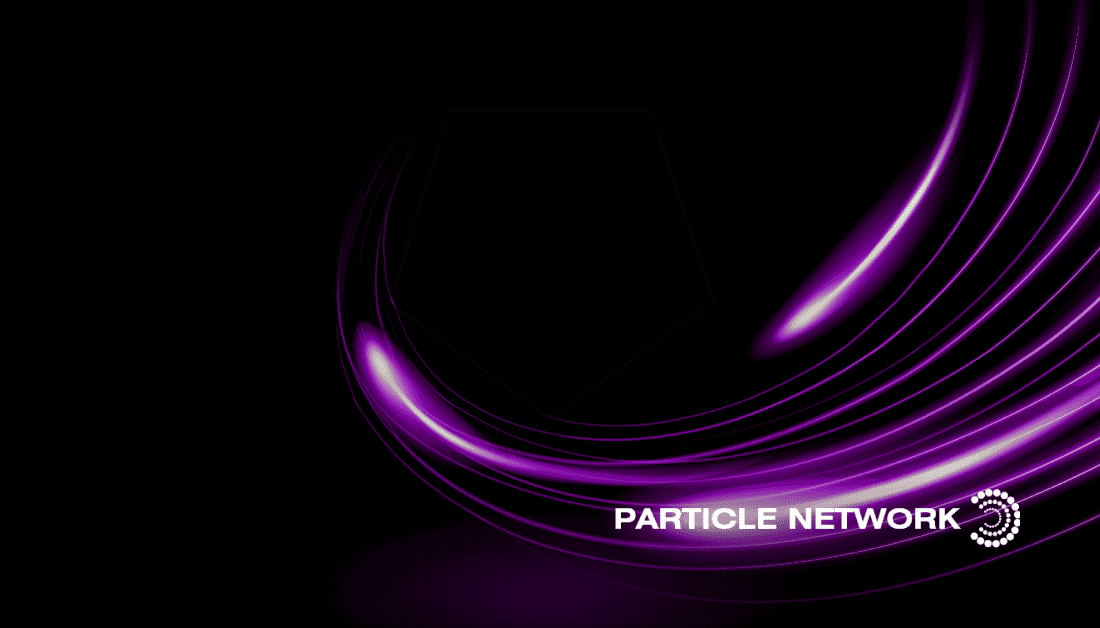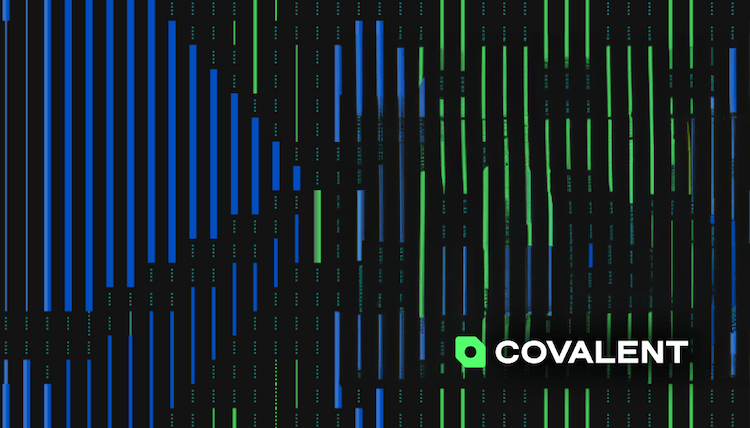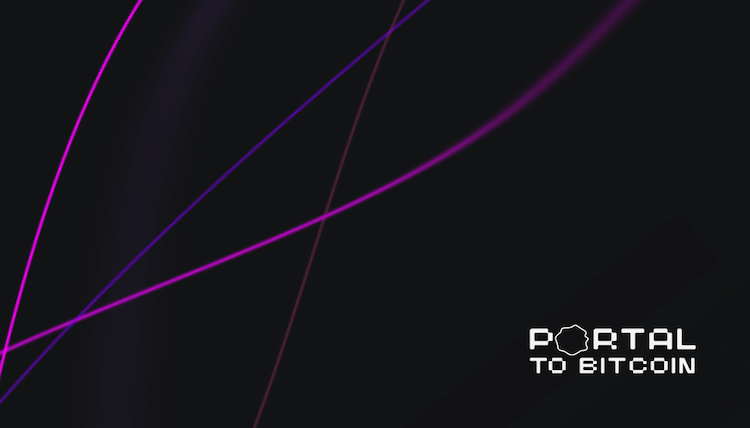
The onboarding process to Web3 has traditionally been complex, requiring users and developers to navigate multiple apps and protocols, leading to a fragmented experience. As cryptocurrency adoption increases, the need for solutions that unify blockchain networks has become more critical to simplify interactions. Particle Network is one such solution, leveraging Chain Abstraction to enable seamless integration across multiple chains and enhancing the overall user experience.
Particle Network, a player within the Chain Abstraction ecosystem, epitomizes this approach. Originally launched as a wallet abstraction service, the company has evolved into a modular layer-1 (L1) blockchain solution currently in Testnet development. This month’s review highlights how Particle Network has transformed from a wallet provider to a solution offering Universal Accounts across all chains. We’ll also delve into the company’s founding team, recent achievements, and future roadmap.
Understanding Particle Network
Particle Network is a modular L1 blockchain focused on chain abstraction. The project began in 2022 as a wallet abstraction service but has since evolved into a Layer-1 solution currently in Testnet development. The primary offering of Particle Network is its Universal Accounts feature, which unifies all chains and simplifies the complexities of Web3. This innovation allows users to manage one account and balance across multiple blockchains, contributing to a broader vision of making the Web3 transition more accessible and adaptable.
Since its inception, Particle Network has significantly expanded its partner network, encompassing over 60 chains and 900 dApps. It has also provided infrastructure support to other Web3 projects, including Ultiverse, Xterio, and Fusionist.
Products and Services Offered: Modular L1, Dual Staking, Smart Wallet-as-a-Service, and BTC Connect
Before launching their Modular L1 on the testnet, Particle Network’s Wallet Abstraction stack included two primary products: Modular Smart Wallet-as-a-Service (WaaS) and BTC Connect. These services support over 4 million daily users across 56 chains and safeguard over $2 billion in users’ assets.
In early 2024, Particle Network introduced its most ambitious initiative, Universal Accounts, to elevate its product offerings. This proprietary Layer-1 solution is the central coordinator, facilitating the Chain Abstraction experience and ensuring seamless operation of Universal Accounts and their associated features.
Particle Network offers three core functionalities:
- Universal Accounts: These accounts enable users to manage assets and interact with decentralized applications (dApps) on multiple chains using a single account.
- Universal Liquidity: To maintain connectivity between different chains and users' assets, Universal Accounts utilize Particle Network's Universal Liquidity feature. This facilitates token swaps and interactions with liquidity providers on any chain.
- Universal Gas: This feature allows users to settle all gas fees using Particle Network’s native token, $PARTI.
Aggregated Data Availability (AggDA) and Dual Staking Model
Particle Network’s Data Availability (DA) gathers information from providers such as Celestia, Avail, and NEAR DA. This distributed approach enhances network security and stability by eliminating single points of failure, ensuring data accessibility even if one provider encounters issues. This robust, efficient, decentralized network forms a reliable foundation for managing complex blockchain transactions and maintaining state across Universal Accounts.
Particle Network employs a dual-staking model to ensure high security and accessibility further. This model utilizes the network’s native tokens, $PARTI and $BTC, to secure the network. Both tokens validate transaction validity, reducing the pressure on the native token and enhancing network stability.
AggDA and the Dual Staking Model are scheduled to go live on the testnet by the end of 2024.
Modular Smart Wallet-as-a-Service (WaaS)
Particle Network’s Modular Smart Wallet-as-a-Service (WaaS) stack provides developers with tools to incorporate social logins for self-custodial, dApp-embedded smart contract wallets. This feature allows for seamless onboarding and non-custodial key management. The WaaS stack supports ERC-4337 account abstraction, offering developers flexibility in implementing account abstraction (AA) within their dApps.
BTC Connect
Particle Network’s BTC Connect is the first EVM-compatible ERC-4337 account abstraction protocol for Bitcoin, supported by major Bitcoin Layer-2s such as BitLayer and BRC420. This product enables users to control an account on an EVM-compatible Bitcoin L2 using a standard Bitcoin Wallet. BTC Connect brings the benefits of account abstraction to the Bitcoin ecosystem, including improved user experience (UX) and enhanced security.
Team, Fundraising, and Achievements
Co-founded by Pengyu Wang and Tao Pan in April 2022, Particle Network has raised $25 million across four funding rounds. Notable investors include Spartan Group, Gumi Crypto, Animoca Ventures, LongHash Ventures, and Alibaba Group. In June 2024, the company secured $15 million in a Series A funding round led by The Spartan Group and Gumi Cryptos Capital, with participation from Morningstar Ventures and other investors.
These funds aim to advance the vision of chain abstraction and simplify user and developer experiences, focusing on launching the Mainnet of Particle Network’s L1 and the Particle token $PARTI.
Future Roadmap
In the upcoming months, Particle Network will focus on:
- Q3 2024: Launching Mainnet V1 with Universal Accounts, Universal Liquidity, and Universal Gas.
- Q4 2024: Testnet launches for Dual Staking and AggDA.
- 2025: Launching Mainnet V2 with support for Dual Staking and AggDA.
Image Source: Particle Network Website



